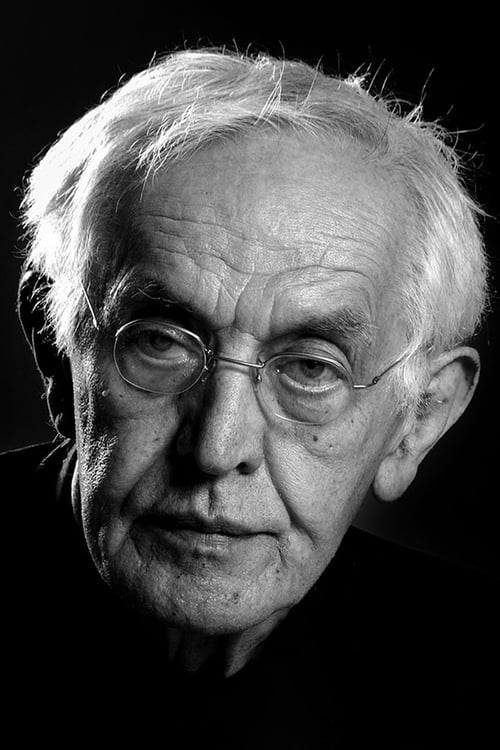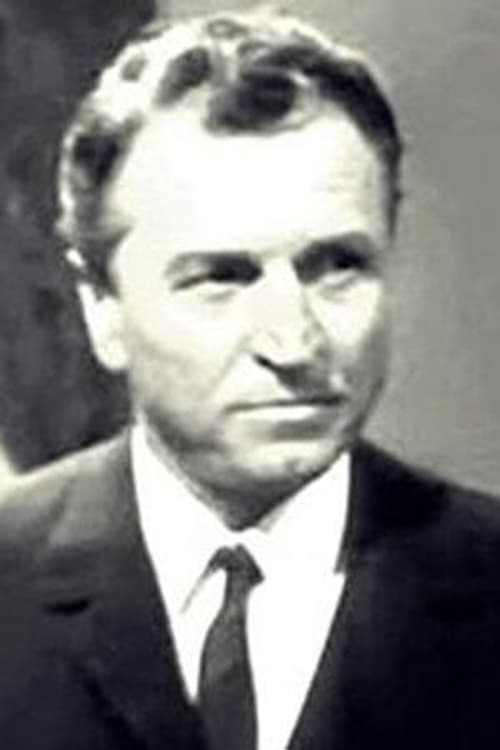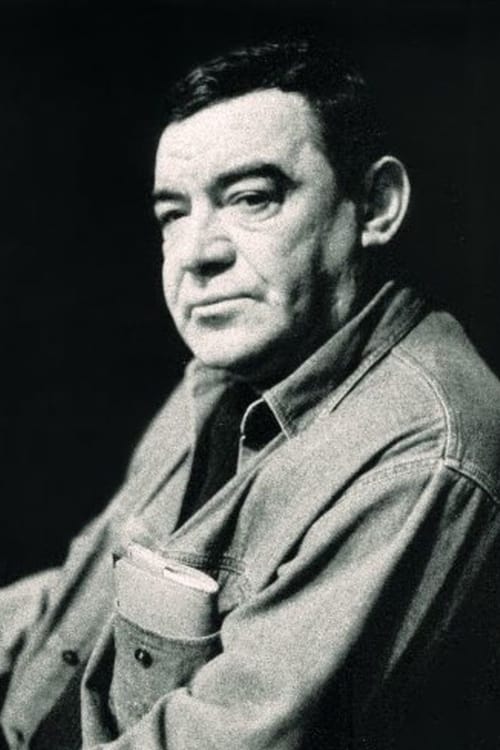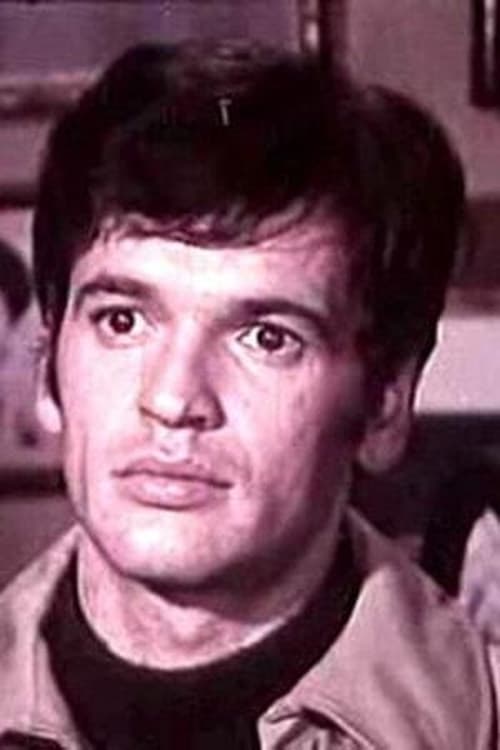Wolf of Prokletije (1968)
Жанр : военный, драма
Время выполнения : 1Ч 25М
Директор : Miomir 'Miki' Stamenković
Краткое содержание
Uka is an old Albanian who lives in the mountains on the border of Kosovo and Albania. As an honorable man, he must deal with his son who befriended Italian fascists during WW2.
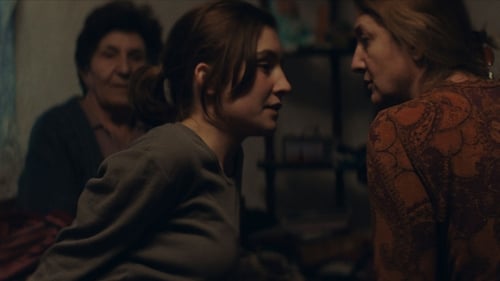
Закрытая, неразговорчивая Венера — подросток, она живет в небольшой деревне в Косово. Венера сталкивается с патриархальной средой, ходит в школу, чтобы выучить английский, живет дома с родителями и бабушкой, избегая мужских домогательств. К обычным в таких фильмах обстоятельствам добавляется послевоенный балканский контекст.
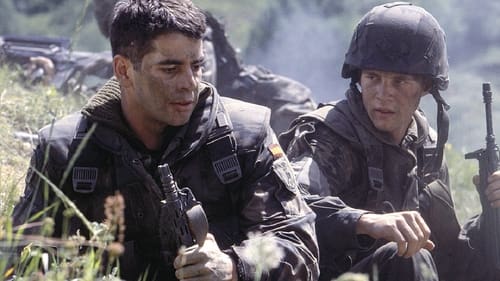
В разгар войны на Балканах отряд испанских миротворцев должен выполнить опасное задание в далеком горном селении. Впереди у отважных солдат рискованный переход по территории, усеянной минными полями и тайными убежищами повстанцев, для которых все чужаки являются смертельными врагами. Бойцы готовы к любому повороту событий, но они не предполагают, что вскоре их благородная миссия спасения превратится в жестокое противостояние с безумцами, опьяненными кровью и смертью. Оказавшись в сердце мертвого города без транспорта, рации и амуниции, молодые парни и девушки должны стать героями, чтобы в безвыходной ситуации спасти себя и тех, кого они призваны защищать, заплатив за это своей кровью.

The extraordinary story of Swiss rapper Besijan Kacorraj, whose biggest problem is not having a Swiss passport. Besijan is deported to Kosovo after several armed robberies, although he has grown up in Zurich since the age of one.
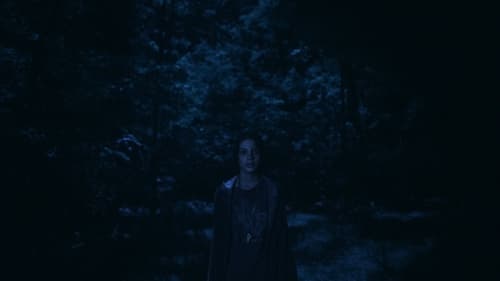
В оккупированном НАТО Косово маленькая девочка обращается к Организации Объединенных Наций за помощью в поисках пропавшего без вести отца. Тем временем её дедушку одолевают параноидальные мысли о невидимых угрозах, затаившихся во тьме.
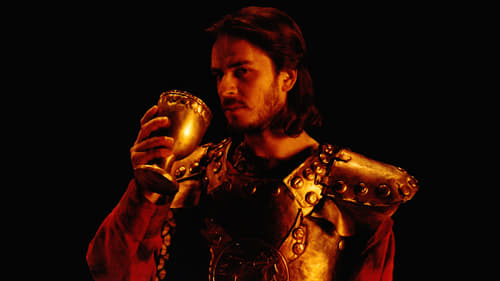
28 июня на Видовдан (День Св. Вида) 1389 года на Косовом поле в Южной Сербии произошло решающее сражение между объединенными войсками сербов и боснийцев под предводительством князя Лазаря и турецкой армией, возглавляемой султаном Мурадом Первым. На Косовом поле сербы приняли неравный бой с превосходящими силами турок, и главным был именно их выбор — свободное судьбоносное решение бороться, но не предавать. Косовская битва, раскрывшая евангельскую этику сербского народа, переживается как торжество мучеников, но никогда — как поражение.
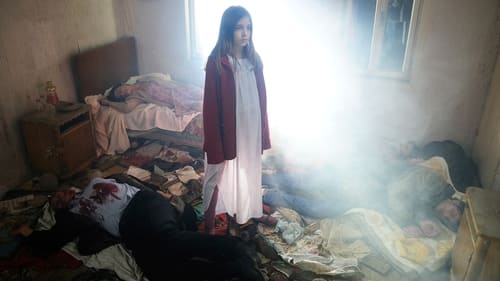
Based on a true story, Agnus Dei is a kind of Oedipus of our days. Peter must find his way to redemption. But the past will make itself known and fate sparingly gives mercy. Can he save himself, or even be saved at all?

Kosmet in the fall of 1944. The Partisans have successfully liberated the town of Prizren from occupying Germans,and Ramiz Leshi, a brave and cunning KNOJ captain, has to liquidate the remainder of the local Quislings, called Balists. They are led by a ruthless, German-trained soldier Kosta and by Ahmet, the brother of the famous Captain. As Ramiz is trying to get Ahmet out of the gang and hunt down the rest of the Balists, 2 new girls arrive in town. One of them is Lola, a bar singer with a questionable agenda, and the other is Vida, a withdrawn music teacher from Belgrade.

A couple of foresters living in the snowing mountains of Rugova get stuck after a blizzard.

Uka is an old Albanian who lives in the mountains on the border of Kosovo and Albania. As an honorable man, he must deal with his son who befriended Italian fascists during WW2.

In this sequel to "Captain Leshi", a group of Albanian nationalist movement (ballists) continues obstruction of the new Yugoslavian authorities even after the war. Captain Leshi manages to fight them successfully, as well as to fulfill his romance with beautiful Azira.

At the beginning of the war the Germans come to the mine Trepca in Kosovo and occupy it. Communist Party and the workers do not agree with that and under constant repression, beginning small diversions, which will be transferred in the conquest and liberation of the entire mine.

Gorani people live in Gora, in the south of Kosovo. They are Muslims who speak a Slavic language. Throughout the years they were always used for political games of power between the surrounding nations (Serbs, Macedonians, Bulgarians, Albanians, Bosnians...). This is the first film that deals with the way these people are, not who they are or who they belong to. The film observes their everyday life, diverse culture, rich herds of cows, sheep and shepherd dogs. They work, talk, dance, play music, discuss, preach, pray, walk and sing as the mountains above remind them how ephemeral their existence is.

Stolen Kosovo is a Czech language documentary by director Václav Dvořák (b. 1948), about the Serbian–Albanian conflict in Kosovo. The documentary describes the situation, first in a short overview of the history of the area, followed by the 1990s conflicts and bombing of Serbia by NATO forces in 1999 and ending with the situation after the Kosovo War. The documentary focuses on the 1990s in the time of Slobodan Milošević's rule as well as on numerous interviews of Serbian civilians and, less, of Albanian insurgents against the Milošević regime.

Young seamstress Ivana leaves work in the tailor shops in Novi Pazar and accepts an offer to be a waitress in a private cafe in Gusinje, Montenegrin town on the Yugoslav-Albanian border. She meets a waitress with whom she becomes fast friends. Brothers Skeljzen and Becir come to Gusinje from New York for the holidays and meet with the waitresses, starting a love affair. Young men promise the girls marriage and going to America.

Sokol is a middle-aged Kosovar Albanian who, together with his family, emigrates from Kosovo to Turkey, and faces the foreign and unknown world. After some time he becomes homesick, eventually leaving his last will he gave to his son that when he dies, his bones will be returned to his native country. He dies near of a cliff at the Black Sea coast. In his native village, the news that Sokol has been returned from emigration are being spread.

A Serbian family leaves the troubled Kosovo region after Albanians rape the daughter in front of her mother. When they leave their home after the assault, their family tombs are desecrated, and the move to northern Serbia is marked by rejection by the local people of their new community.

A woman who is raped and gives birth to a child in war torn Kosovo, struggles to keep her child.

'History is always made in the middle of the night. And when it happens, you are so damned tired, that you couldn't care less,' says Robert Cooper, an EU peace negotiator whose job it is to get Serbia and Kosovo to reach an agreement about peaceful coexistence. National pride and compromise are on everyone's lips, and much is at stake: Kosovo wants to come closer to independence, the Serbs have been promised EU membership if they can reach an agreement, and the EU tries to strengthen its credibility. But how far is each party willing to go? It is the unique characters that make this fascinating film about a delicate political game so vivid and loveable. The stoic, Serbian negotiator has a great passion for rock music, his colleague from Kosovo does not want to miss out on his daily visit to the hairdresser, and Cooper himself has a closet full of ties - one for every conceivable occasion.
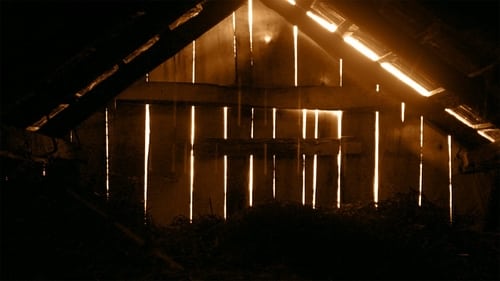
The journey of A SINGLE FRAME weaves an exploration of the impact of photography from both sides of the shutter. The fascinating post-war culture of Kosovo serves as backdrop.

Young Bundeswehr soldiers Tom and Charly are stationed in Kosovo with the KFOR peacekeeping force. Their mission is to secure peace. Although the brutal war between the enemy Serbs and Albanians is officially over, the hatred between people continues to smoulder. When Tom and Charly rescue the young Serbian Mirjana from the fatal shot of the young sniper Durcan, they get caught between all fronts. They lose their professional distance due to the resulting closeness to Mirjana - who has to learn that her father was a war criminal - but also to Durcan - whose entire family was wiped out. Soon they are entangled in a conflict about guilt, manipulation, love and revenge...

